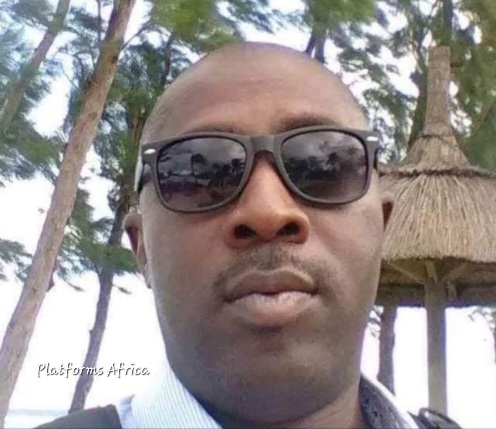“From how many appearances does an athlete qualify for an eternal life of nannying? Why should they receive such care above other citizens? … If care is not taken, we would have calls for posthumous care.”
Mr. Taribo West (not going to call him a pastor) is the latest ex-athlete to wail about the “abandonment” of ex-internationals by government and sports authorities. His words came at the burial of his former teammate, Peter Rufai. Every few months, the country is treated to the familiar cry that the nation uses its stars and dumps them when the lights are out.
It sounds persuasive, even sympathetic. It, however, rests on the wobbly assumption that once an athlete wears national colours, the state should remain his or her lifelong provider. Sure, sports representation is service. It is however, not an open-ended social contract. It is also an honour, an opportunity and, in many cases, a platform for personal wealth and fame.
Many ex-athletes, including Mr. West, earned what their talent commanded and what luck allowed in their active years. This included payment for representing the country. The media-driven insistence that government must extend special care decades after retirement is both unrealistic and unfair. How many can the state realistically shoulder? From how many appearances does an athlete qualify for an eternal life of nannying? Why should they receive such care above other citizens?
Ex-athletes should be honoured, remembered and celebrated. But that honour cannot morph into a perpetual welfare scheme at the expense of others.
Look abroad. Paul Gascoigne, once among England’s greatest footballers, has been a broken man for decades, consumed by alcoholism and financial ruin. The English Football Association does not pay him a pension. In Brazil, a few World Cup winners of the 1960s and 1970s sank into poverty. The state did not bankroll their lives despite Brazil’s near-religious zeal for football.
‘AMACOS Lecture,’ Dr. Adeola Yusuf Mentors 4000 MAPOLY Mass Comm Students
K1: Patrick Doyle’s Palsied Apologia, By Bamidele Johnson
NYSC Reacts As Outcry Trails Anambra Vigilante’s Assault on Female Corps Member
‘High School Dropout To Billionaire,’ Otedola Reveals Success Without Varsity Degree
The Billionaire’s Contradiction: Femi Otedola’s Guide To Life He Didn’t Lead, By Feyi Fawehinmi
In the United States, Mike Tyson burnt through hundreds of millions of dollars. No state bailout fund was put together for him. He rebuilt himself through personal grit that took in a marijuana-focused business. NBA players who declared bankruptcy did not appeal to government. They turned to reinvention or generosity from fellow professionals.
The expectation that Nigeria should be different is rooted more in sentiment than in logic. There is, however, a strong moral case for better systems, including a robust players’ union, insurance schemes and retirement programmes designed while athletes are still active. Those structures can and should be built. But that is not the duty of government. It falls to sporting associations, athletes themselves and, in some cases, private sponsors.
Other Nigerians who served their country in different ways do not receive such sentimental calls. Civil servants do not expect the state to rescue them from every personal setback. Members of the armed forces do not. Doctors, engineers, journalists and teachers matter as much, if not more, as athletes. Yet, they do not demand lifelong government care. Why then should athletes be elevated to a special caste?
What is needed is realism. Representation at the highest level is both privilege and service. It brings glory, but it also brings responsibility. Ex-athletes should be honoured, remembered and celebrated. But that honour cannot morph into a perpetual welfare scheme at the expense of others. Taribo West’s complaint may capture his personal frustration, but it must not be allowed to dictate national policy. The focus of government should be investment in sports structures that prepare and protect the athletes of today and tomorrow, not endless handouts to ex-athletes.
If care is not taken, we would have calls for posthumous care.
Bamidele Johnson writes in from Lagos, Nigeria
Platforms Africa





